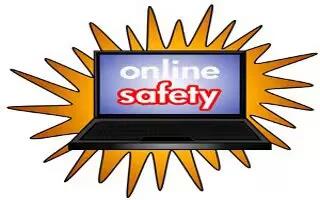The internet is always very easy to end up with viruses, trojan horses, and other nasty programs on your computer can slow down your abilities and steal information. You can prevent these things simply. Do not converse with people over e-mail or social networking sites that you do not know them personally. Never give these people any sort of personal information. Avoid falling for e-mails seem too good to be true; promises large sums of money in return for sending a package overseas like that. These are potential scams that you can identify. In e-mails dont open the attachments from the unknown persons, if you are unsure why you received it. Even known mail from your friends, spreading viruses through attachments, because they use their computer as a bot, sending virus to other people on their e-mail contact list without your friends knowledge.
Anti-Virus Software
Before going for it, first check you have current and highly rated anti-virus software suite installed on your computer. Make sure it is set updating itself daily or not. It is also to scan your computer for viruses for couple of weeks, even if you think your computer is working normally. The anti-virus software will be able to detect the majority of malicious programs, you should be still careful on which websites you visit. It is advisable to select secure and different passwords for each profile and account, especially financial accounts. This can prevent a hacker from compromising all your accounts using a single password. Never share your password with other persons over internet for any reason.
Clicking on Pop up ads and links can also lead to bogus websites which can download spyware and other tracking software on your computer. Many of these programs are very good at hiding themselves so you may not know you are being spied on. avoid downloading free pirated softwares without use, which can be easily embedded with viruses and keyloggers that can capture your personal data and send it another computer.
